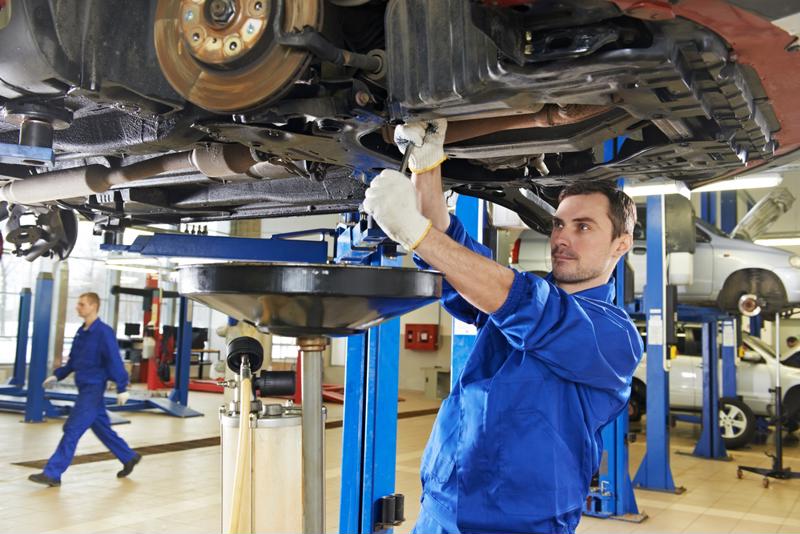We've all experienced the tell-tale signs of needing brake repairs, from an embarrassing squealing noise at stop signs to the more worrisome increase in braking time and distance. No one enjoys paying for a costly brake repair, however, having functional brakes is a non-negotiable for those who plan to drive their vehicle regularly.
During the past two years, the COVID-19 pandemic led to an overall reduction in commuting, whether to work or school, reducing the demand on peoples' brakes. The automobile service and repair industry saw a significant decrease in car repairs as a result of the pandemic, and many car owners elected to prolong intervals between regular service activities. One of these activities was, of course, replacing worn brake components.
As the world returns to work and school, the commute culture has resumed. However, with this, many consumers are facing challenging decisions as to where to spend their money, given financial stressors arising from pandemic-related changes in employment and recent inflation. While it may be tempting to forgo regular brake service, there are consequences to doing so.
Safety issues
The first, and most important, point of consideration when it comes to making decisions about the necessity of brake repairs is whether the issue you're having presents an immediate safety hazard. Nearly any brake problem that is left unaddressed for long enough will become unsafe; however, certain issues require immediate action and cannot be avoided. While a slowly increasing noise upon application of the brake pedal is certainly annoying, it most likely won't cause catastrophic brake failure tomorrow; however, a sudden depletion of brake fluid might.
In the category of "immediate safety hazard" would be anything that prevents reliable slowing or stopping within a reasonable distance. "Reliable" and "reasonable" are the operative words. Issues like a brisk leak in brake fluid or intermittent, unpredictable "catching" of brakes upon hard application of the brake pedal can lead to disastrous consequences. Imagine what would happen if you suddenly couldn't stop for a family in a crosswalk, or tried to brake at freeway speed and swerved into another lane. Other drivers, as well as peripheral road users such as cyclists and pedestrians, expect that cars will be able to slow or stop within a reasonable distance. This assumption also informs their decision-making. If you can't rely on your brakes, neither can they — although they might not know this.
As with any other safety issue involving your car, the best course of action is to address it immediately. It's not worth an injury or loss of life, whether on the part of yourself or others.

Increased cost of repairs
There's an old saying that goes, that which costs you a dime today could very well amount to a dollar over time. This principle is especially relevant to the topic of vehicle repairs, including brake maintenance and replacement. The braking system on a car or truck consists of a number of parts, all functioning in unison. If one component stops working properly, it can lead to increased wear and tear on other parts.
An example of this would be driving on worn out brake pads. If brake pads are not replaced in a timely manner, it can eventually lead to brake rotor damage. So while you may have initially been looking at the cost of simply replacing four brake pads, now you have the added expense — of both parts and additional labor — for the rotors as well. Beyond this, the constant abuse of hard stops and starts associated with failing brakes leads to worse gas mileage, and can also cause uneven wear on tires.
In conclusion, the right answer is generally to service or repair your brakes at regularly scheduled intervals, and don't delay bringing your car or truck to the shop if your brakes start misbehaving. Sure, it is probably OK to let that grinding noise go for a minute, or convince yourself it's just a pebble stuck in the brake pad. Issues like this should still be addressed by a professional, but it can probably wait a bit. On the other hand, it is never OK to avoid getting an issue checked out if it might present a safety hazard to yourself or other drivers.
We know just how important regular maintenance is for an automobile. Greening Testing Laboratories is a fully certified brake testing lab that provides a variety of brake testing services worldwide. Contact Greening for a complimentary consultation for your car manufacturing business.
